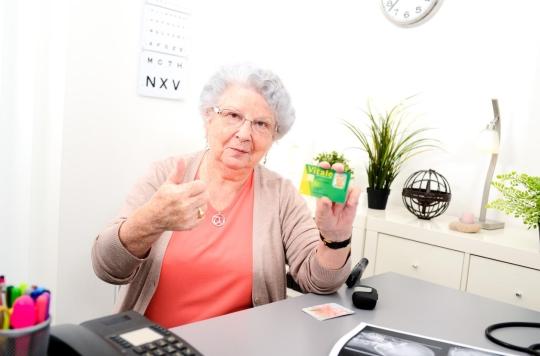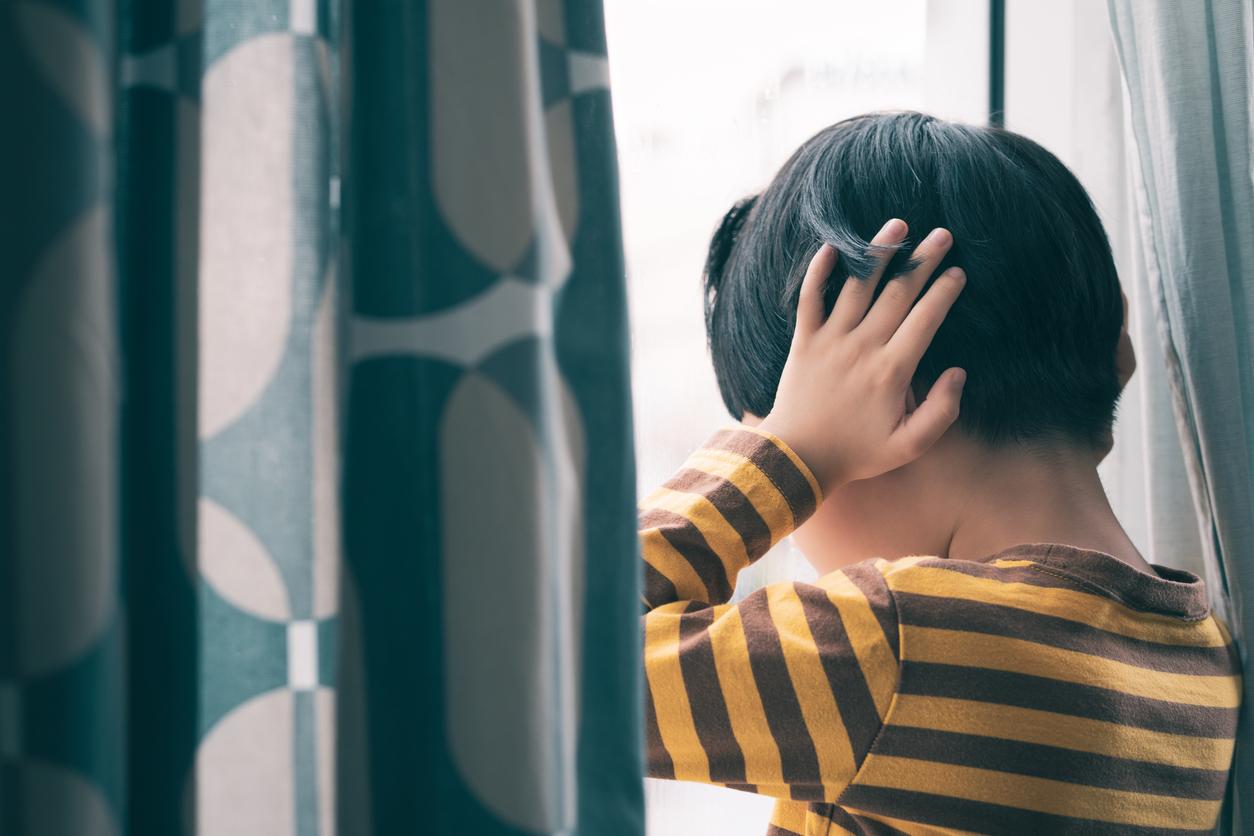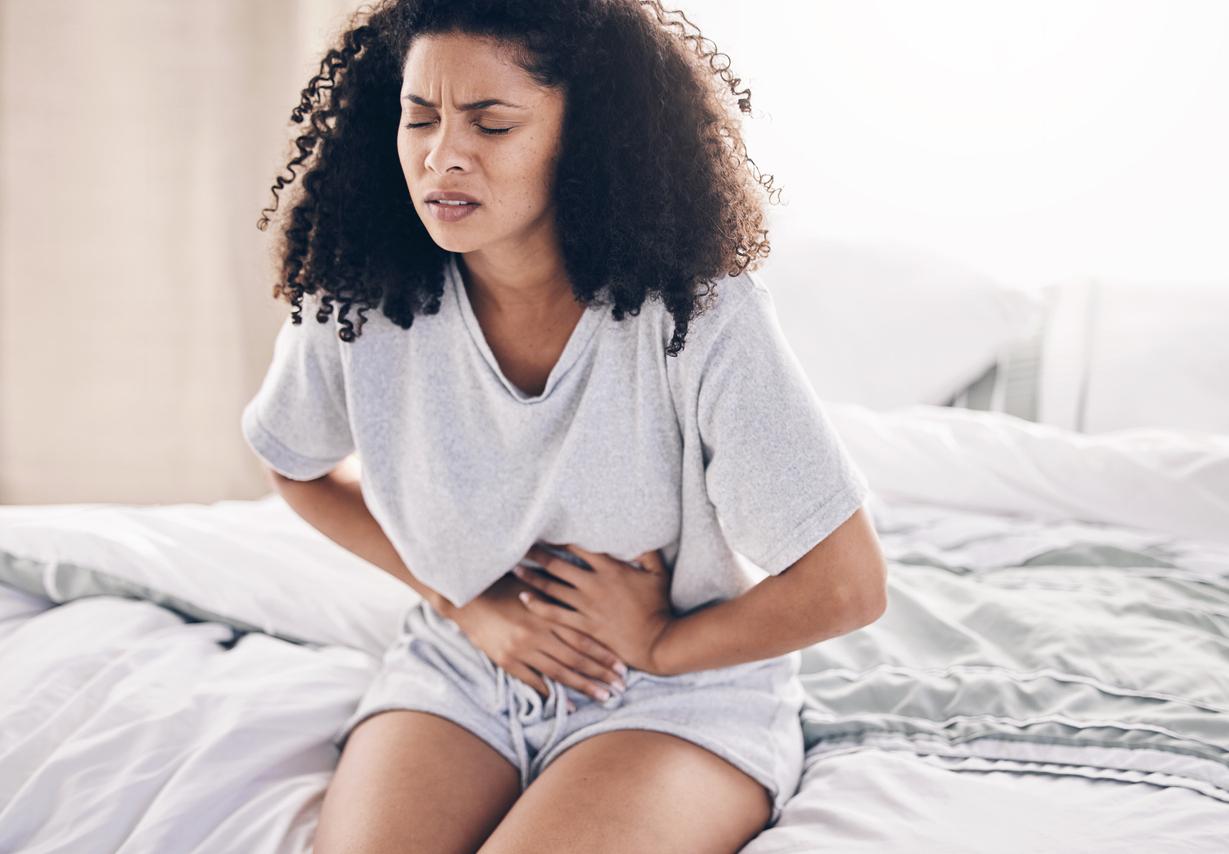64% of French people think “that it is more important to maintain health insurance benefits and reimbursements at the current level than to reduce the Social Security deficit”.

- The Social Security deficit was 24.6 billion euros in 2021.
- This is 8.9 billion better than forecast and a reduction of 14.1 billion compared to 2020.
According to a new survey, the French are attached to their social protection and health system.
“No reason to limit health spending”
At the end of 2020, at the heart of the Covid-19 pandemic, the people questioned as part of the DREES Opinion Barometer were more concerned about the health of the French people than in previous years and more than half believed that it was had deteriorated in recent years. “Although three-quarters of the respondents considered themselves to be in good health, half of them said they were worried about not being able to be well cared for in the event of a serious health problem”, can we read in the report.
In this context, respondents to the survey were more supportive of State intervention in economic and social matters in 2020 than in the past and confirmed their attachment to the French social protection model and health system. They were thus more and more numerous to subscribe to the opinion “that there is no reason to limit health spending because health is priceless” (72% at the end of 2020), “that it is normal that we spend more on health (77%)” and “that it is more important to maintain health insurance benefits and reimbursements at the current level than to reduce the Social Security deficit”: 64% of French people shared this opinion in 2020 compared to 61% in 2019 and 53% in 2015. “This increase is more marked between 2019 and 2020 for people aged 30 to 49, employees and the self-employed”, specifies the DREES.
Financial situation
In addition, one in two people who have experienced a deterioration in their financial situation consider that, in the context of the crisis, the State does not intervene enough in the economic and social field, compared to one in four for those whose situation has worsened. is improved. Similarly, 28% of people who received solidarity benefits (social minima, housing allowances) in the twelve months preceding the survey consider that the financing of social protection during the crisis is insufficient, compared to 16% among those who did not receive any benefits and 12% among those who received income from assets (financial assets or rental of real estate). “Young people and single-parent families are more supportive of a stronger welfare state and a high level of social protection than other categories of the population”, add public health experts.
Another positive lesson from the survey: at the end of 2020, satisfaction with the quality of the medical care offered had increased, whether for hospital structures or for city medicine. This increase contrasts with a downward trend in recent years, particularly for emergency services. “Nine out of ten people said they were particularly satisfied with the care provided by the nurses and more than a third thought that there were not enough of them, ten points more than in 2019”, concludes the DREES.

















